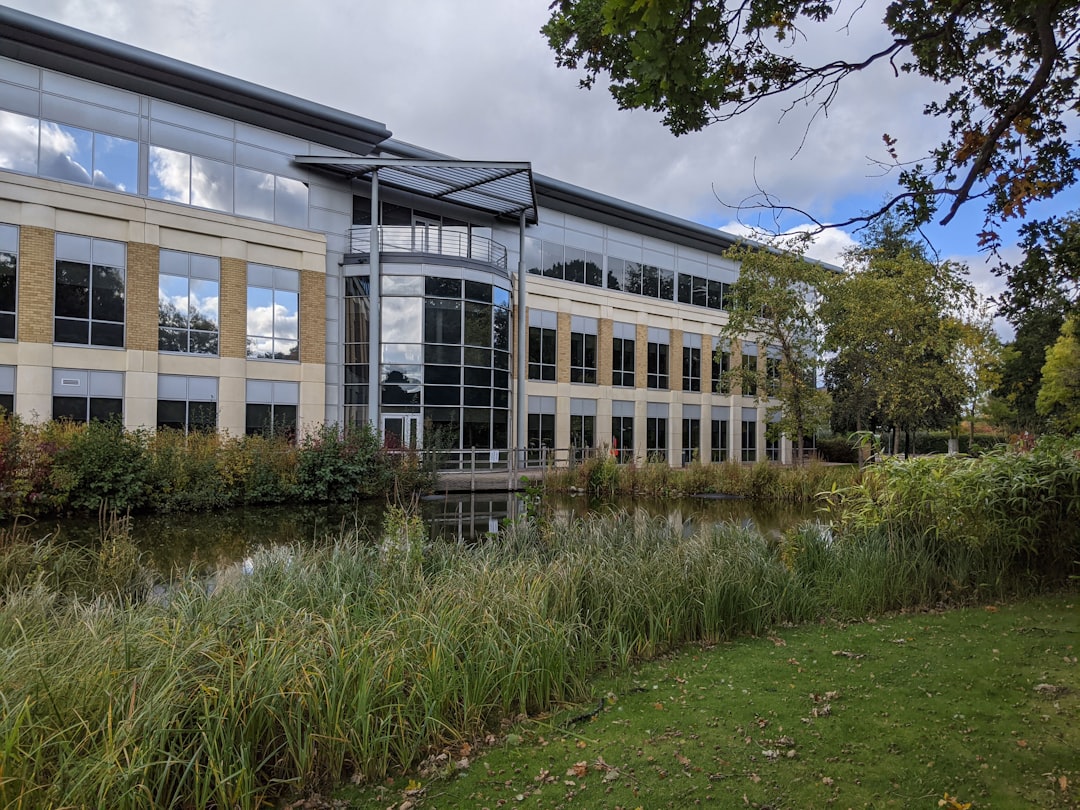Pastoral Capitalism
We've built millions of suburban office parks. Now what?

Quote of the Moment
Never forget, if you plan cities for cars and traffic, you get cars and traffic. If you plan cities for people and places, you get people and places. Plan for the city you want.
| Fred Kent
Kent’s admonition is very apt for today’s big story, The Rise and Fall of the American Suburban Office Park.

